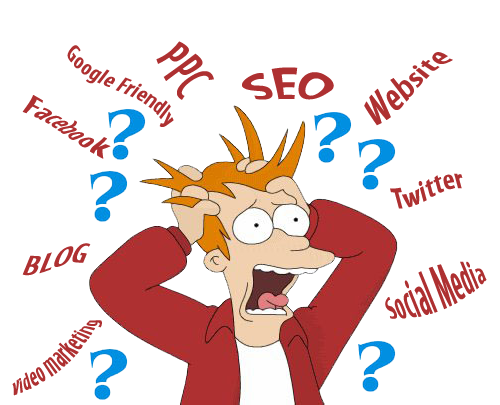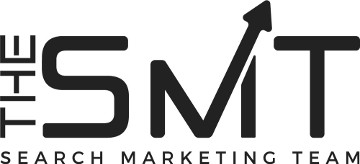For the past several months you have likely heard digital marketing, internet marketing and SEO used more or less interchangeably. However, the three terms are not  synonymous for each other.
synonymous for each other.
Digital marketing is a broad term that describes a set of marketing processes that utilize all available digital channels to promote a product or service or build a digital brand. Digital marketing has come to succeed traditional marketing and the transition from paper and newspaper ads to Facebook and PPC campaigns.
The channels that make up digital marketing include: Web sites, Social media platforms, Banner placement, email marketing, mobile marketing, SEO, pay per click campaigns, Web TV, SMS, billboards and anything else with a digital foundation.
Internet marketing is a subset of digital marketing. It is in fact the most important component since the majority of digital marketing activities fall within the boundaries of Internet marketing. We will see below how digital marketing budgets are spent and their relationship with Internet marketing.
A very simple breakdown is as follows:
Digital marketing includes internet marketing and internet marketing includes SEO. Here’s how it looks in a hierarchical breakdown:
- Digital Marketing
- a. Internet Marketing
- a1. SEO
A sampling of digital marketing activities are:
- Web presence (website)
- Social media marketing
- Digital advertising
- SEO
- Online AV advertising
Many people who hear the term Digital Marketing think that immediately they are talking about Internet Marketing After years of experience in the arena, we feel that Digital Marketing includes all marketing that is not print. Whereas Internet Marketing (a component of Digital Marketing) is just that marketing on the Internet only, including SEO.
During 2014 top digital marketing investments will be made on ecommerce, social media marketing, content creation and mobile marketing.
According to a recent study by Gartner Research, the majority of digital marketing budgets is spent on internet marketing components, such as SEO.
In particular the most important findings are:
Marketing budgets represent 10% of total company revenues and this is expected to grow by 6% in 2013
Digital marketing represents ¼ of overall marketing spend 50% of digital marketing activities are outsourced (if you are thinking to outsource, make sure that you do it correctly without spending a fortune).
Digital Marketing includes Internet Marketing, Mobile Marketing, Email Marketing. Using the Smart Phones to deliver your message is a great way for lots of kinds of businesses to have immediate gratification with their marketing. For example imagine your a restaurant and every Monday you are slow, but Thursday, Friday, and Sunday you really pack them in. How do you think you can get some of those people who normal wait an hour or so on Friday night to come in and enjoy your great food on Monday? The answer is mobile marketing. First you have some very tasteful signs you can put on table or at the hostess station. asking people to text a few number to a 5 digit code. Offer them a free appetizer or to win a I-PAD. Then on Monday around 3 0r 4 in the afternoon hit them with a text saying something like 2 for 1 special or some other creative giveaway to come in tonight and eat that great food with little to no wait. now lets say that you have a few hundred to a few thousand on your Mobile marketing list. You only need a very small percentage to come in and your terrible Monday has turned into a profitable night that the servers are happy to work. Because Smart Phones would receive this message from the restaurant while people are getting ready to leave for the day, a few might just call their partner and say , “Hey let go to that great restaurant we love , they are having a 2 for 1 special”. That is POWERFUL.
Now when we are talking about Internet Marketing by itself, that is what people usually mean when they say things like Search Engine Optimization (SEO), Local SEO (LSEO), SEM, Social Media, and Display or Banner Advertising. They all take place on the Internet in some form. SEO, SEM, LSEO all take place on the search engines, more likely Google. The SEO is in the main area of Google, this area is commonly know as the organic section. LSEO is the area next to the map on the first page of Google. SEM or commonly know as ADWORDS or Pay Per Click. It is the area on the very top of the page in the shaded area and along the side of the first page of Google. Social Media is using sites like Facebook, Twitter, Youtube, Blogging, and many more. I like to think of Social Media as word of mouth on crack. It is the ultimate word of mouth advertising. When a friend has “liked” or +1 a site or product, you are more likely to also like or +1 it. Display advertising is more of a branding effort and it is harder to calculate ROI, but if your budget will allow it is quite effective. For example if you go to a site, then it tracks you where you go and places Display or Banner ads on sites that your then visit.
In conclusion, Internet Marketing and all of the kinds of ways to go about doing Internet Marketing falls under the Digital Marketing agenda.
